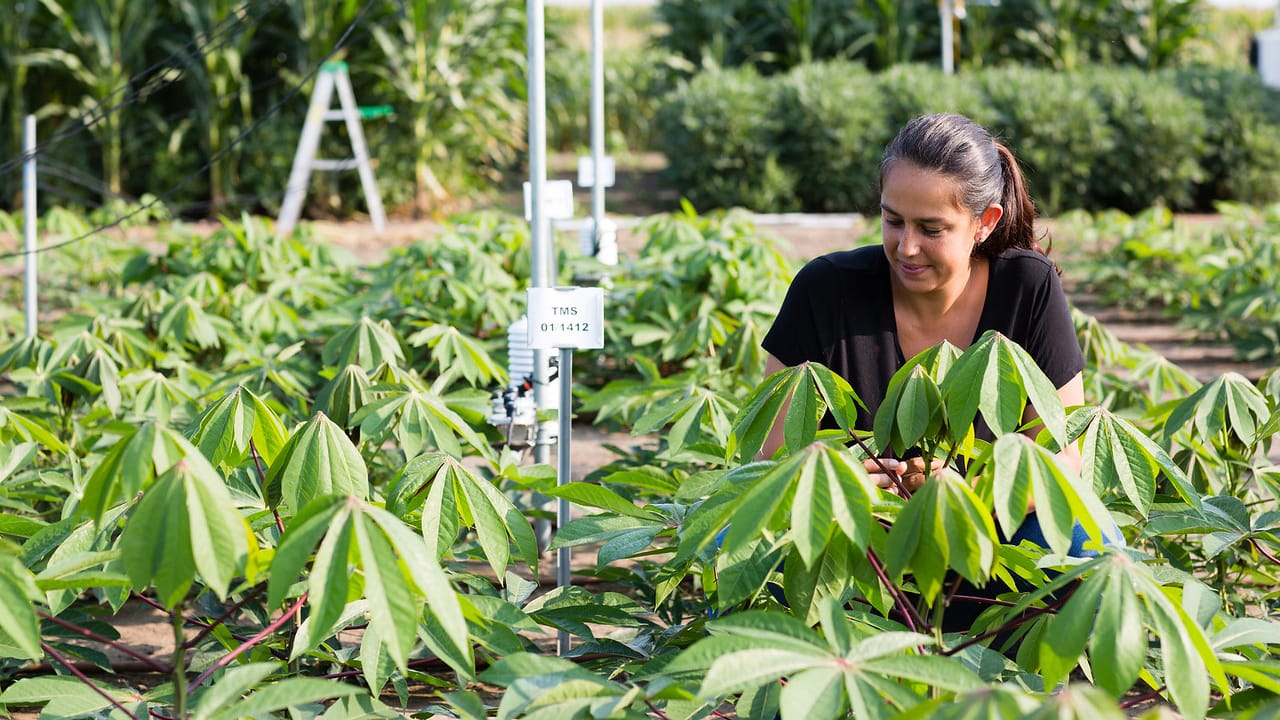Scientists “hack photosynthesis” to make plants more productive

Plants are not as productive as they could be, and in a bid to help boost global food production, a team of scientists with backing from the Bill & Melinda Gates Foundation and others are hacking photosynthesis.
If you remember way back to fifth grade when you learned the photosynthesis cycle, plants convert sunlight into energy and use that energy to collect carbon dioxide and water and turn it into sugar. However, there’s a glitch in the system, and plants end up spending a lot of energy getting rid of a toxic compound made when an enzyme called rubisco inadvertently collects oxygen. That process is called photorespiration, and it makes plants produce way less food than they otherwise could.
Now, researchers from the University of Illinois and U.S. Department of Agriculture Agricultural Research Service have figured out a way to engineer plants with a built-in photorespiratory shortcut that makes them 40% more productive in real-world conditions. “We could feed up to 200 million additional people with the calories lost to photorespiration in the Midwestern U.S. each year,” said principal investigator Donald Ort in a statement.
As reported in the journal Science, the team at the University of Illinois-based research program–called Realizing Increased Photosynthetic Efficiency (RIPE)–have engineered plants that grow faster and taller, and produced about 40% more biomass. After testing their photorespiration shortcuts in tobacco, they are moving on to food crops, and will try to boost the yield of soybean, cowpea, rice, potato, tomato, and eggplant.


